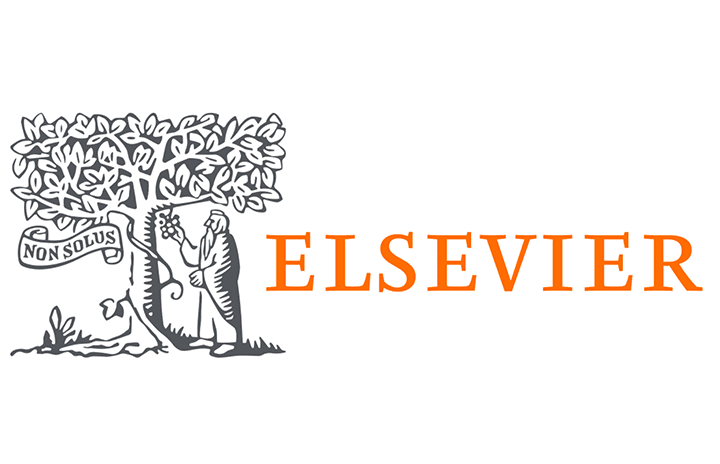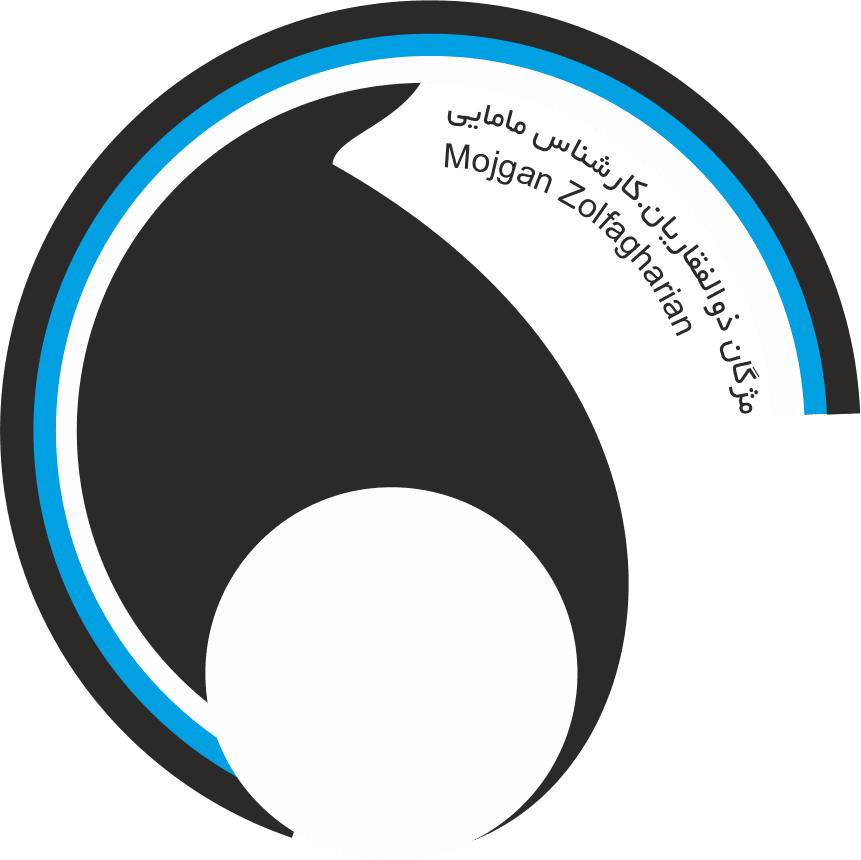A SWOT analysis of the opinions of midwifery students about distance education during the Covid-19 pandemic a qualitative study
Elsevier – ScienceDirect Midwifery
Background
The COVID-19 pandemic led to the suspension of face-to-face education and its replacement with distance education. This has caused important changes in midwifery education.
Objective
To determine midwifery students’ opinions about distance education.
Design
This qualitative study employed an exploratory case study design.
Setting
This study was carried out at a national university in Ankara, Turkey between December 2020 and January 2021.
Participants
The sample of the study comprised 50 students in the midwifery department.
Measurements and findings
Data were collected using a SWOT analysis interview form developed by the researchers. The research findings were grouped into four themes: Satisfaction with distance education, barriers of distance education, facilitating aspects of distance education, and concerns about professional career.
Key conclusions and implications for practice
Distance education in midwifery education in Turkey was found to have aspects involving obstacles and concerns in addition to many pleasing and facilitating features. Our findings suggest distance education can be used together with face-to-face education provided that its pleasing and facilitating aspects are supported and the obstacles and factors causing concerns are removed. Inclusion of distance methods in midwifery programs requires curricula to be updated and support from instructors and students for the development of the necessary infrastructure. There is a role for employing bodies to faciliate practice-based learning for new graduates to address their concerns with a lack of practical experience because of COVID-19 restrictions on placement.
Database: Elsevier – ScienceDirect
Received 4 April 2021, Revised 12 September 2021, Accepted 23 September 2021, Available online 1 October 2021, Version of Record 8 October 2021.
Şenay Topuz, Neslihan Yilmaz Sezer, Menekşe Nazlı Aker, İlknur Münevver Gönenç, Hatice Öner Cengiz, Aslı Er Korucu


